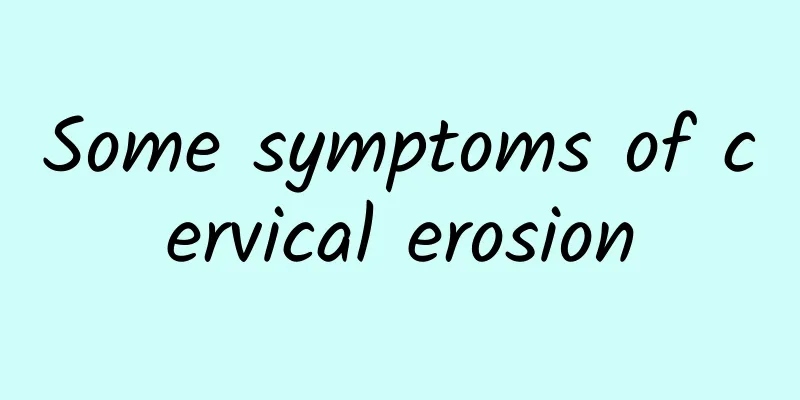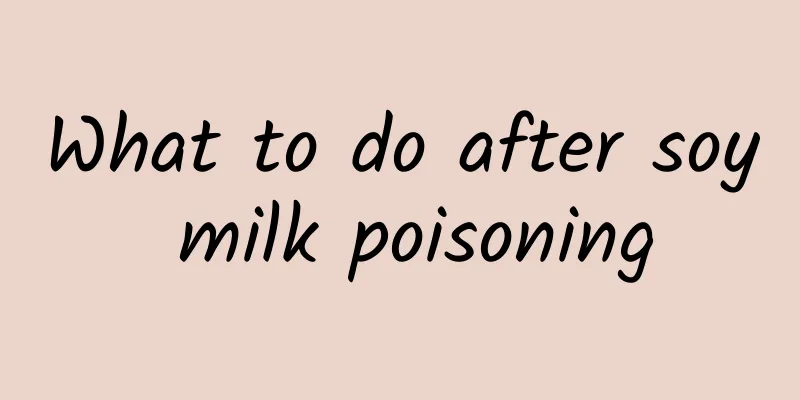Top 10 foods to protect your eyes

|
Eyes are the windows to the soul. We should not let our eyes get hurt in normal times. We should protect our eyes. To protect our eyes, we need to supplement with more vitamins, calcium, and trace elements. These have a great impact on our body because they can ensure that we have a pair of bright and good eyes, and at the same time make our eyes clearer when we see something. What to eat is good for the eyes? If you want to have a pair of bright eyes, remember to eat more of these 7 foods. 1. Vitamin A Vitamin A, also known as retinol, plays an important role in the formation of human vision. It is involved in the synthesis of rhodopsin in the retina. If there is a lack of vitamin A, the eye's ability to adapt to dark environments will decrease, and in severe cases it may lead to night blindness. Animal liver, cod liver oil, fish roe, whole milk and whole milk products, eggs, etc. are high in vitamin A. Carotene can also be converted into vitamin A in the human body, so it is called provitamin A. Provitamin A is found in high concentrations in green and yellow vegetables and fruits such as spinach, leeks, pea sprouts, alfalfa, green peppers, sweet potatoes, carrots, pumpkin, apricots, and mangoes. 2. Calcium Calcium is the "protector" of eye tissue. Calcium deficiency in the body can not only cause a decrease in the elasticity of the retina, increased pressure in the lens, and elongation of the anterior-posterior diameter of the eyeball, but can also cause degenerative lesions of the cornea and ciliary muscles, easily leading to vision loss or myopia. Milk, beans, fungi, dried fruits and seafood are rich in calcium. When consumed with vitamin D, they facilitate calcium absorption. 3. Trace elements: selenium, zinc, and chromium Trace elements selenium, zinc and chromium can improve the function of eye tissue and prevent and treat vision loss. Foods rich in selenium include animal liver, eggs, fish, shellfish, soybeans, mushrooms, asparagus, shepherd's purse, carrots, etc.; foods rich in zinc include liver, kidney, seafood, milk, cereals, beans, nuts, etc.; foods rich in chromium include beef, black pepper, brown rice, corn, millet, semolina, brown sugar, grape juice, edible fungi, etc. 4. Vitamin C Vitamin C can reduce the damage of light and oxygen to the lens of the eye, thereby delaying the occurrence of cataracts. Foods containing vitamin C include bell peppers, tomatoes, lemons, kiwis, hawthorns and other fresh vegetables and fruits. 5. Kelp In addition to iodine, kelp also contains 1/3 mannitol. There is a thick layer of "white frost" on the surface of dried kelp, which is the mannitol in the kelp. Mannitol has a diuretic effect, can reduce intraocular pressure, and is effective in treating acute glaucoma. Other seaweeds such as kelp also contain mannitol and can be used as an auxiliary food for the treatment of acute glaucoma. 6. Whole grains and fresh vegetables Finally, eat more whole grains and fresh vegetables, and less candy and sweets. Vitamin B and vitamin C in whole grains and fresh vegetables have a protective effect on the eyes. |
>>: How to prevent tuberculosis infection
Recommend
What to do if a pregnant woman cuts her hand
Women should pay special attention to their bodie...
What are the dangers of taking too much calcium?
Calcium is an important trace element in the huma...
The efficacy, effects and contraindications of Pinellia
What are the effects, functions and contraindicat...
Effects and functions of ice flower
Many people don’t know much about ice flower, als...
Eating apricots during pregnancy can cause miscarriage
A pregnant mother who is four months pregnant doe...
Red spots around ankles
If some red spots appear around the ankles, it is...
Baby retches when sucking breast milk
The first mouthful of milk a baby eats after birt...
What medicine is more effective for alopecia areata?
Alopecia areata is a type of hair loss phenomenon...
Symptoms of inflammation
Inflammation can be said to be one of the most co...
What is the best medicine for sinusitis?
Sinusitis is a common and frequent disease in dai...
Does cervical spondylosis affect the heart?
Nowadays, there are more and more patients with c...
What is protein loss disease?
It is well known that in order to maintain health...
Causes of cerebral infarction
There are many causes of cerebral infarction, and...
How to treat black and purple after cupping
I believe everyone is familiar with the health-pr...
What to do if you leak urine when you sneeze
Urinary incontinence is actually a rare condition...









